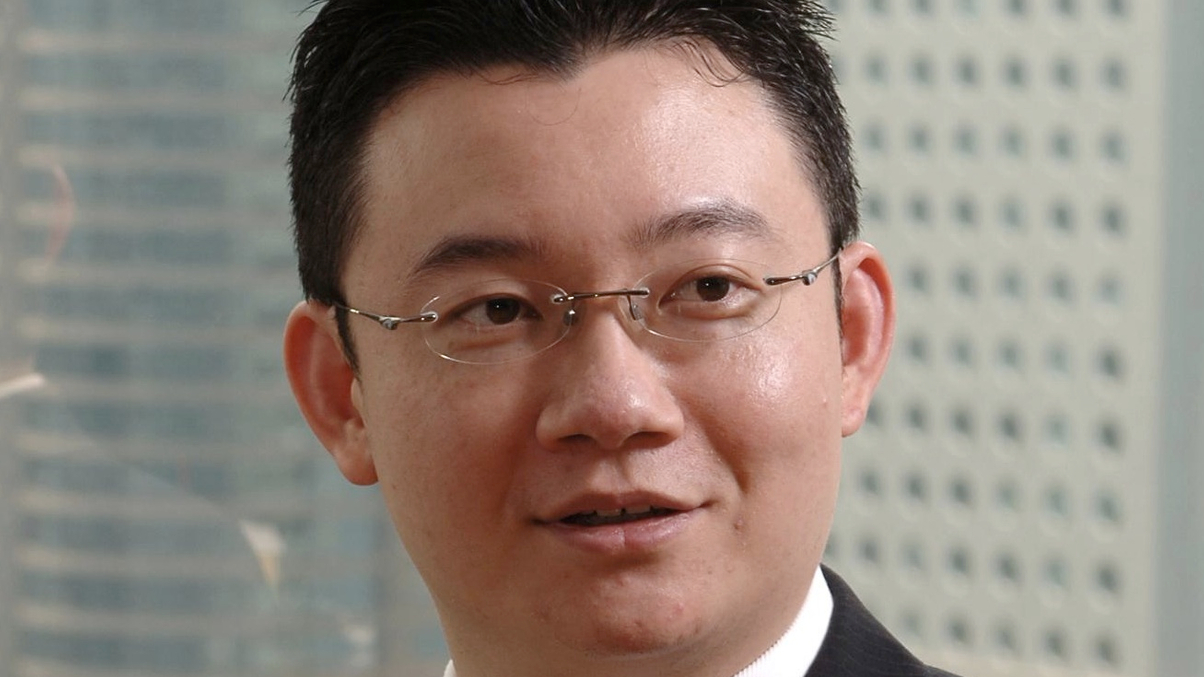QFII, RQFII holders face $4bn tax headache
Under-provisioned fund firms could be hard hit after authorities unveiled a 10% capital gains tax on QFII and RQFII investments retrospectively, sparking fears it could deter interest in the schemes.

It has been estimated that holders of QFII and RQFII quotas could be facing a $4 billion bill after authorities ruled they would be subject to 10% capital gains tax on investments retrospectively.
Sign in to read on!
Registered users get 2 free articles in 30 days.
Subscribers have full unlimited access to AsianInvestor
Not signed up? New users get 2 free articles per month, plus a 7-day unlimited free trial.
¬ Haymarket Media Limited. All rights reserved.


